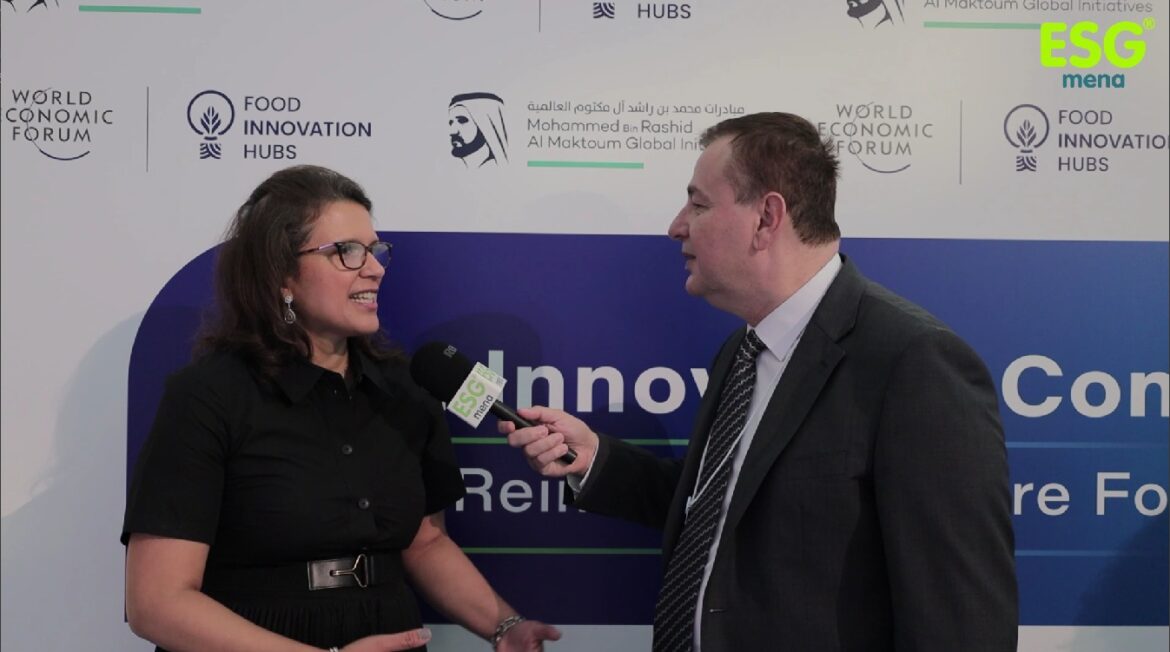food
-
Latest News
Food Innovation Conference 2024: Al Dahra Holding Spotlights Importance of Food Sector Innovation
by salehThe Food Innovation Conference 2024, hosted in the Museum of the Future and Emirates Towers this week, brings together over 150 international experts, academics, local, regional and global private sector players and farmers under …
-
Latest News
Food Innovation Conference 2024 Held Under Theme “Reimagining Future Food Systems”
by salehThe Food Innovation Conference 2024 begins today under the theme ‘Reimagining Future Food Systems’. Running until 15 May, the event is organised by Mohammed bin Rashid Al Maktoum Global Initiatives (MBRGI) and the World …
-
Social enterprise Goumbook has announced the top ten finalists for its Regenerative Agriculture Venture Programme. The initiative aims to foster innovation through research, science, and nature-based solutions matched with entrepreneurship …
-
Latest News
The WHO and Egyptian Food Bank launch “Partnership for Healthy Cities” initiative
by salehThis week, the Partnership for Healthy Cities initiative was launched by the World Health Organization (WHO), the Ministries of Health and Population, Education and Technical Education, the Cairo Governorate, and the Egyptian …
-
A new first-of-its-kind report, which surveyed 210 experts across 48 countries, warns that to meet climate goals, rapid reductions in global livestock emissions and a shift to plant-based diets are …
-
Olam Group’s food, feed and fibre operating group, Olam Agri, recently secured a commodity Murabaha facility from a diversified group of global investors, including from the UAE, totalling US$625 million. …
-
Danone Nutricia Middle East DMCC has announced that it has become the first FMCG company in the GCC to receive B Corporation certification. The company shared that its sustainability strategy, …
-
Latest News
The Regenerative Agriculture Venture Programme (RAVP) receives 158 applications from over 18 countries
by salehThe Regenerative Agriculture Venture Programme (RAVP), an initiative spearheaded by Goumbook, has announced that it has received 158 registrations from over 18 countries across the Middle East, North Africa, and …
-
Dubai Municipality has launched ‘Dubai’s Best Homegrown Produce Competition’, an initiative aimed at supporting citizen farmers and promoting local agriculture to increase local production and enhance food security in the …




